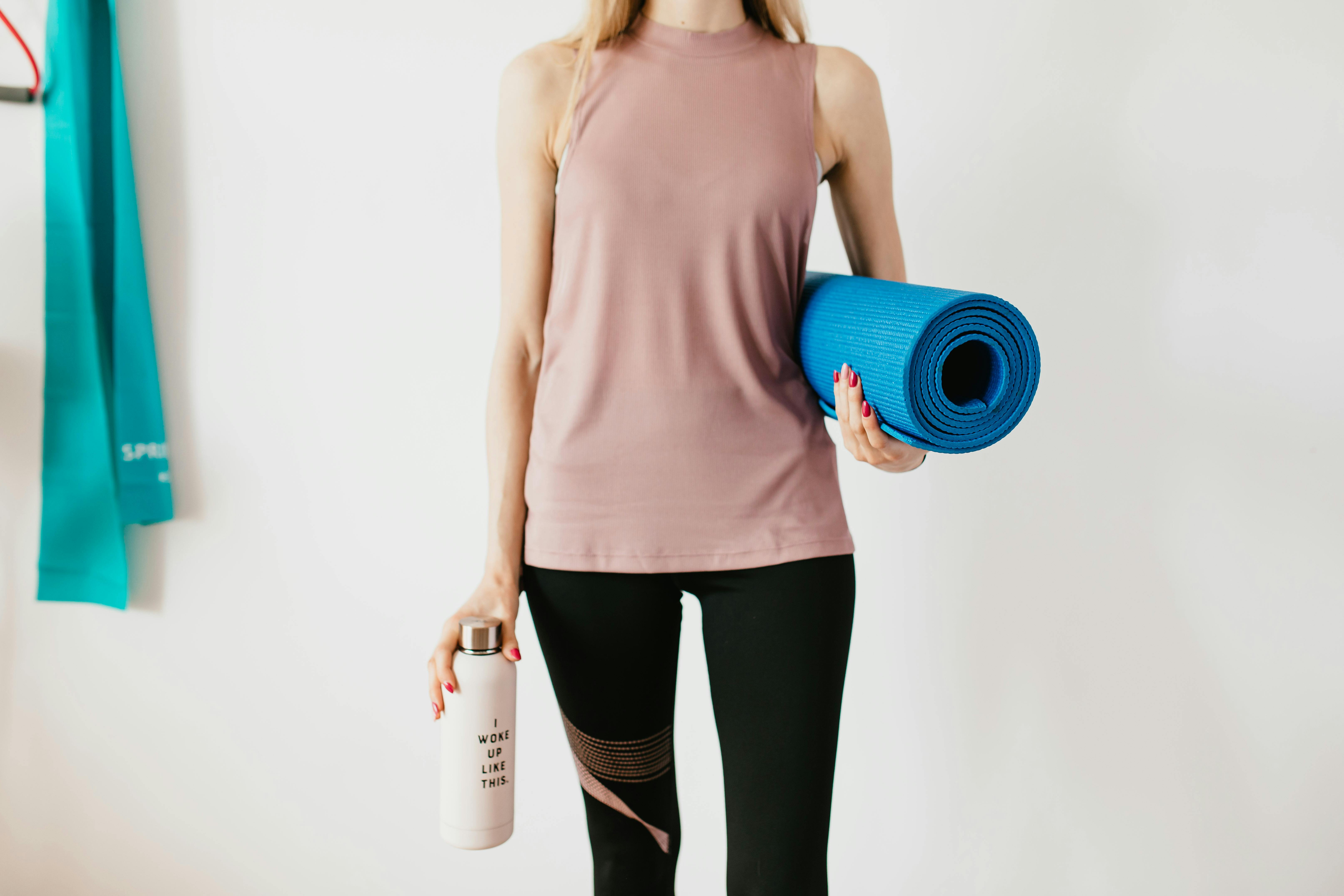Move Better, Not Harder: Low-Impact Workouts That Build Real Strength
In the pursuit of fitness, many people mistakenly equate intensity with effectiveness, often overlooking the substantial benefits of low-impact workouts. These exercises are designed to minimize stress on the joints while still building significant strength and improving overall fitness. As we become more aware of the need for sustainable and injury-free exercise routines, low-impact workouts offer a compelling alternative. They are particularly beneficial for individuals recovering from injuries, older adults, or those new to exercise who seek to improve their fitness without the risk of overexertion. That's why we've expanded our list of low-impact workouts that not only enhance strength but also promote a healthier, more sustainable approach to fitness.
1. Pilates: Core Strength and Stability

Pilates is a low-impact workout that focuses on core strength, stability, and flexibility. Developed by Joseph Pilates in the early 20th century, this exercise regime emphasizes controlled movements and precise breathing techniques. It is particularly effective in improving posture, balance, and overall body alignment. Pilates exercises target the deep abdominal muscles and the pelvic floor, which are crucial for maintaining a strong core. The beauty of Pilates lies in its adaptability; exercises can be modified to suit different fitness levels and physical capabilities. By concentrating on form and control, practitioners can build strength without placing undue stress on the joints, making it an ideal choice for those seeking a low-impact strength-building workout.
2. Yoga: Flexibility Meets Strength

Yoga, an ancient practice with origins in India, combines physical postures, breathing exercises, and meditation to enhance physical and mental well-being. While often associated with flexibility, yoga is also a powerful tool for building strength. Various styles of yoga, such as Vinyasa and Ashtanga, incorporate a series of poses that require balance, endurance, and muscle engagement. Holding these poses not only improves muscle tone but also enhances joint stability and overall body awareness. Yoga's emphasis on breath control and mindfulness further supports a holistic approach to fitness, promoting both physical strength and mental clarity. Its low-impact nature makes it accessible to a wide range of individuals, from beginners to seasoned athletes.
